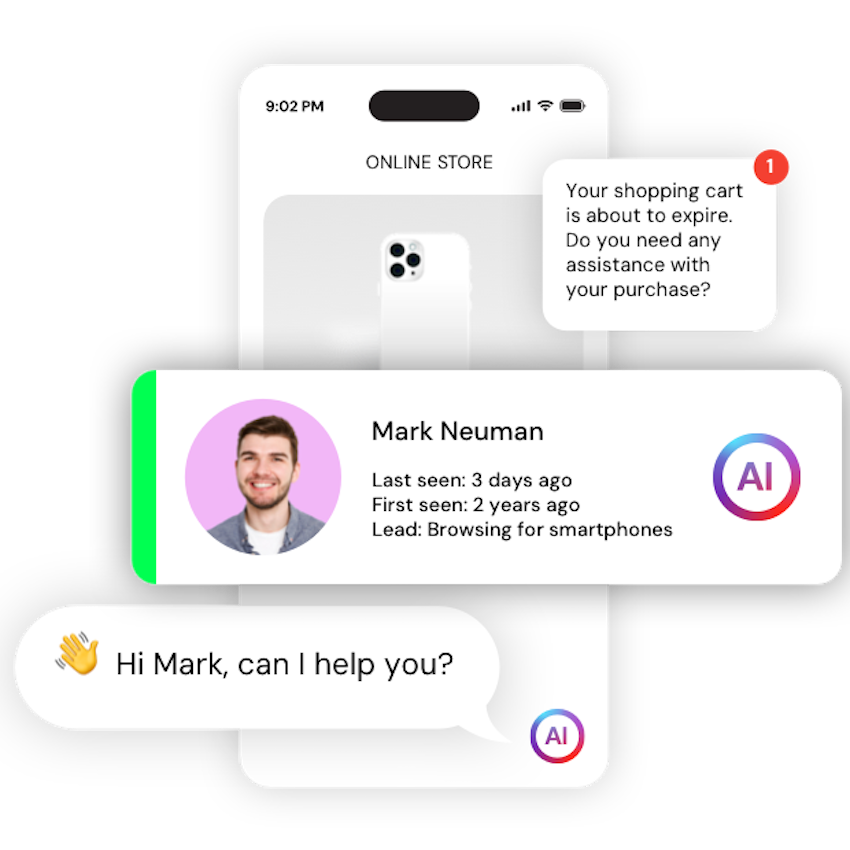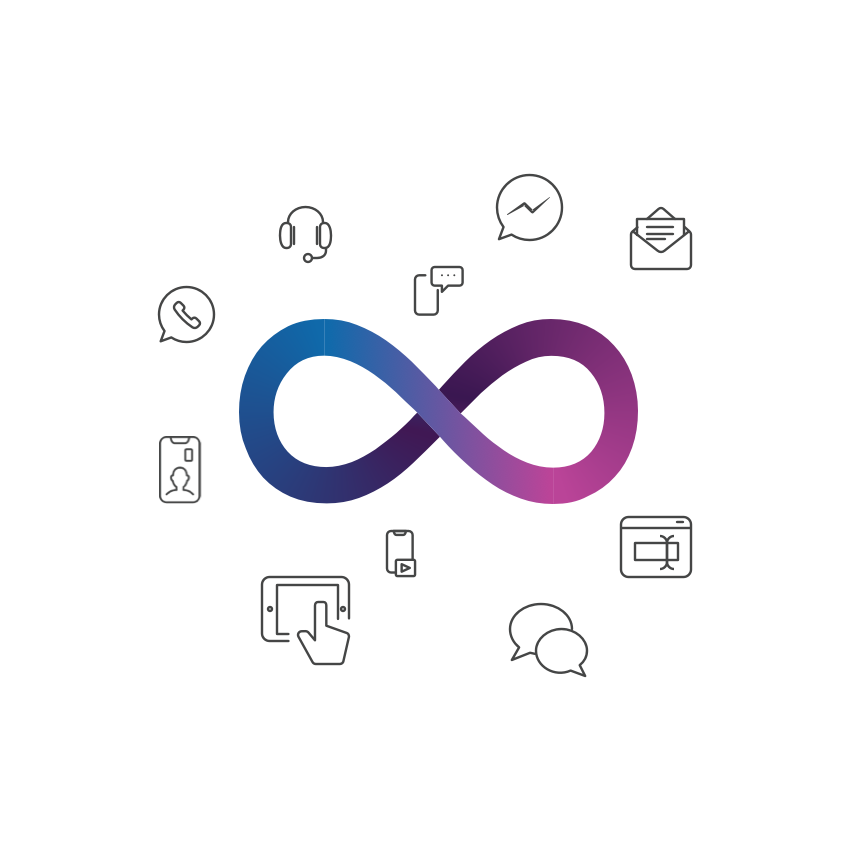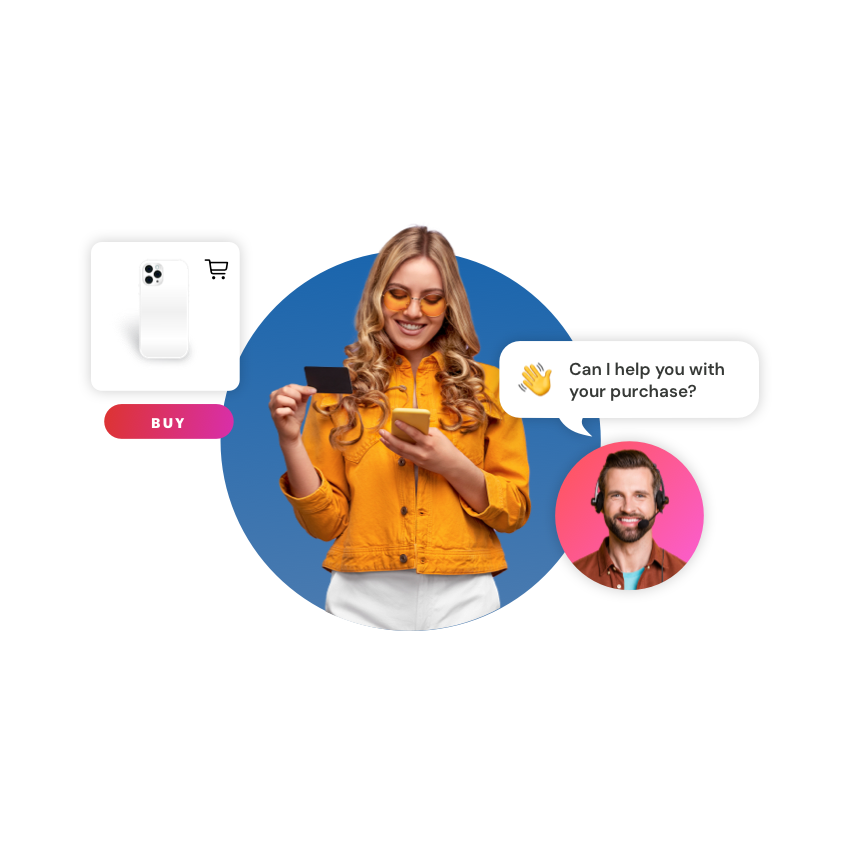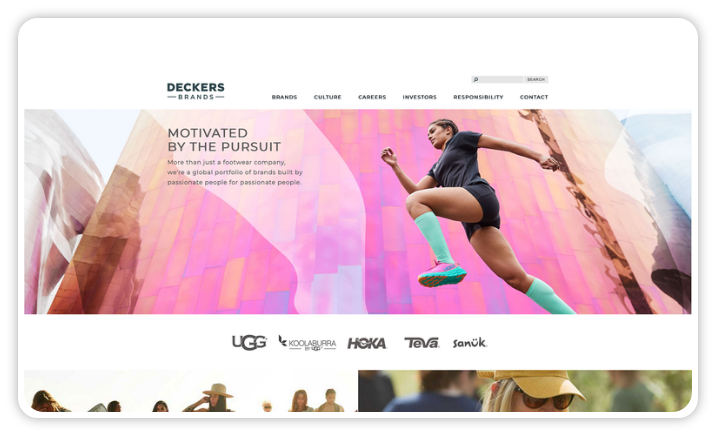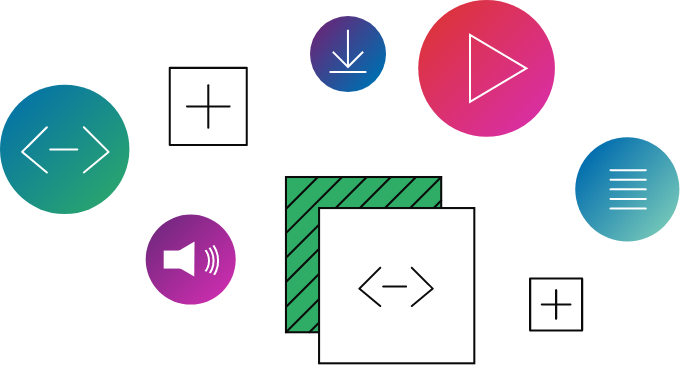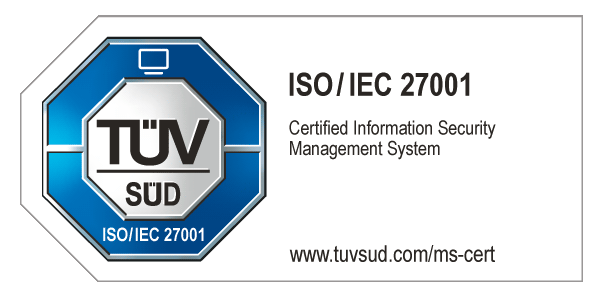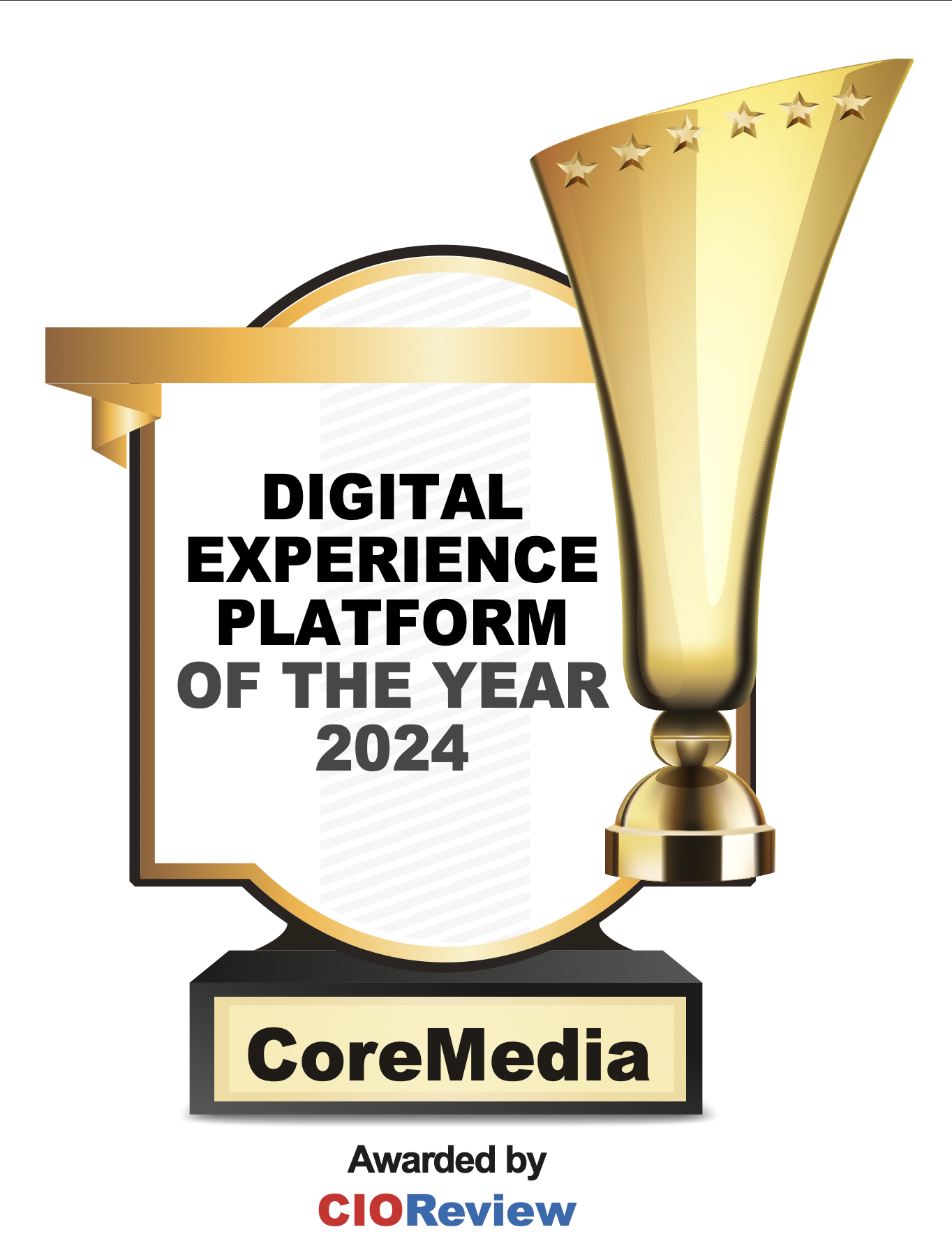As technology continues to evolve, CoreMedia continues to stand as a pioneer in content management solutions. Since its inception back in 1996, CoreMedia has witnessed remarkable transformations, and with it, has evolved to meet the dynamic demands of the industry.
One of the foundational elements ingrained in the CoreMedia DNA right from the start is its event-driven architecture. This intrinsic approach, driven by events, has proven to be a game-changer over the years, elevating CoreMedia's offerings to unparalleled heights of system stability and performance.
A Seamless, Real-Time Editorial Experience
Imagine a scenario where large editorial teams collaborate simultaneously on content creation. With CoreMedia's event-driven framework, this becomes a reality. Every tweak, every edit, and every update are instantly reflected in the CoreMedia Studio of each team member, eliminating the need for manual reloading. Collaborators are immediately notified when changes are made, fostering a seamless and real-time editorial experience.
Empowering Lightning-Fast Content Delivery
But that's not all. CoreMedia's events hold the key to an exceptionally high-performing content delivery system. Whether you're opting for the traditional server-side rendering with the CoreMedia Content Application Engine or the cutting-edge headless delivery through the GraphQL-based CoreMedia Headless Service, the underlying magic lies in CoreMedia's advanced object caching layer.
Here's the secret sauce: whenever content changes occur, the event mechanism orchestrates communications among all listening components. As a result, only the relevant cache entries are invalidated, sparing the rest from recalculations. This intelligent approach guarantees lightning-fast content delivery and top-tier performance.
The dawn of the CoreMedia Event Hub service
Enter the CoreMedia Event Hub Service – a groundbreaking advancement that extends the event mechanism's capabilities, all without the hassle of specific Java APIs. This service unleashes the power of no-code and low-code methodologies. Instead of grappling with intricate code, customers can now register standard webhooks that trigger actions upon CoreMedia Content Cloud events.
For instance, imagine seamlessly integrating CoreMedia events with services like Zapier, known for its versatility. From sending emails to Slack notifications, all this is now possible without any coding. It's a shift toward simplicity and efficiency in a no-code manner.
A glimpse into the Event Hub
This service isn't just about internal communications within CoreMedia's components and services. CoreMedia's public API empowers customers to register custom content repository listeners, enabling them to monitor and respond to specific content change events.
With the CoreMedia Event Hub Service, this concept leaps forward. Building upon the event mechanism, it adds a layer of no-code and low-code capabilities, democratizing the process even further. And the cherry on top: it's delivered as a fully managed Software-as-a-Service (SaaS), aligning perfectly with a composable architecture approach.
Embarking on your CoreMedia Event Hub journey
Starting with the CoreMedia Event Hub Service is a breeze. All you need is an active CoreMedia Content Cloud Service subscription with the "CoreMedia Event Hub" option. Since it's offered as a SaaS solution, there's no need for any additional effort on your part.
Central to this service is the Event Hub Subscription Service. This API-based self-service lets you register webhooks and subscribe to a variety of events. Worried about setup? The CoreMedia Support Team will provide you with the necessary access credentials.
Creating a webhook subscription
To set up a new webhook, it's as simple as sending a POST request to the subscription service with a JSON body defining your webhook. The subscription API offers various endpoint options, including standard webhooks, SNS/SQS, and supports authentication methods like basic authentication and custom header parameters.
{
"description": "Customer ACME, sandbox first",
"namespace": "PUBLIC",
"subscriptionTypes": [
"CONTENT",
"NOTIFICATION",
"WORKFLOW"
],
"enabled": true,
"endpoint": {
"url": "https://acme.com/firstsandbox/eventHubHook",
"method": "POST",
"authenticationMethod": {
"authenticationType": "BASIC_AUTH",
"username": "eventhub-first-sandbox-user",
"password": "passwordForEventHubHook"
},
"headerParameters": {
"Authorization": "Bearer 5bbryflnm897q38j6a9ug9p5rfehf5mcbn7"
}
}
} Event possibilities and customization
CoreMedia's event offerings span a range of scenarios. Content events encompass content creation, versioning, check-in/out, approvals, and deletions. Workflow events involve assignments and status changes, while notification events link to the CoreMedia Studio's notification service. This opens up opportunities for customization, such as notifications about "expiring images."
For a comprehensive guide and more examples, delve into the CoreMedia Event Hub service documentation.
A paradigm shift in event management
As detailed above, events have been deeply woven into the fabric of CoreMedia Content Cloud. With the advent of the CoreMedia Event Hub Service, the fusion of editorial workflows and content dissemination with external systems becomes remarkably effortless. The beauty of it all is that it's served as a SaaS solution, slashing ramp-up times and amplifying efficiency.
Curious to learn more? Explore the world of CoreMedia and schedule a demo to witness the CoreMedia Event Hub Service in action. And while you're at it, discover a plethora of other SaaS services offered by CoreMedia. The future of event-driven excellence beckons – and CoreMedia is leading the charge.

